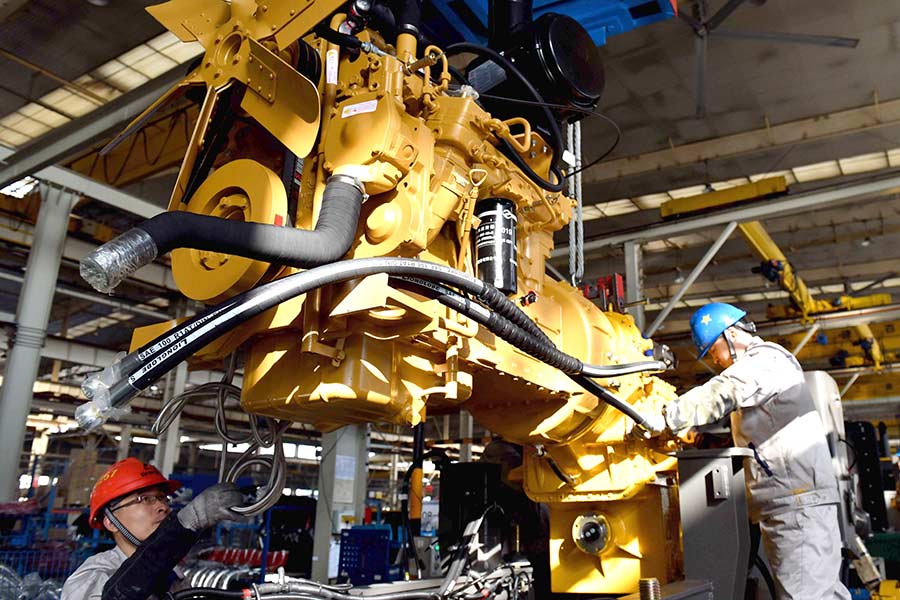China to keep prices stable in 2022 amid solid efforts


BEIJING -- Looking into 2022, China has a solid foundation for stable prices, after prices remained within an appropriate range throughout 2021, experts said.
The moderate increase trend in China's consumer price index (CPI), a main gauge of inflation, is expected to continue this year, said Liu Zhicheng with the Chinese Academy of Macroeconomic Research, a think tank under the National Development and Reform Commission.
Meanwhile, inflation of the producer price index (PPI), which measures costs for goods at the factory gate, may gradually decline, with more price trends coordination at the upstream and downstream markets, the researcher noted.
For the full year of 2021, China's CPI stood well below the annual target by gaining 0.9 percent, 1.6 percentage points lower than the previous year, official data showed.
The CPI, initially low but later stable during the period, rose modestly throughout last year due to a sharp fall in pork prices and relatively stable service prices, Liu said in the research note.
In 2021, China achieved an optimal combination of higher growth and lower inflation, said Liu, citing the country's 8.1-percent GDP growth compared to its 0.9-percent CPI rise.
According to Liu, commodity prices on the international market rose significantly in 2021 due to factors such as global economic recovery, liquidity flooding, supply bottlenecks and extreme weather, increasing the cost pressure on downstream enterprises and disturbing industrial chains and supply chains, which also led to the rise in China's PPI.
Facing mounting inflationary pressures worldwide, China has contributed by balancing supply and demand in the international market and stabilizing the global price level, amid efforts to stabilize domestic prices, Liu noted.
The country, with effective epidemic containment measures, bolstered a resilient economy with stable production order and prudent monetary policy, he added.
Price movements are expected to be more dependent on endogenous factors as the external impact of the epidemic may gradually weaken, according to the researcher.
China's economy has continued to recover, and the ability to effectively respond to abnormal fluctuations in market prices has significantly increased, with sufficient supply of products, services, important commodities and energy, said Liu.
Wen Bin, chief analyst at China Minsheng Bank, said that China should continue to ensure supply and stabilize prices of bulk commodities, cope with imported inflationary pressures and stimulate strong domestic market potential.
"More work should be done to balance and coordinate the goals of stabilizing growth, controlling inflation and preventing risks," he said.
- Brave 'Ice Prince' sees crown slip from grasp
- US' media coverage of Zhu Yi's fall reveals its real attitude
- China's real estate sector points to incipient stabilization: World Bank economist
- China's green transition key economic driver, World Bank says
- National medical bulk-buy program to be expanded




































